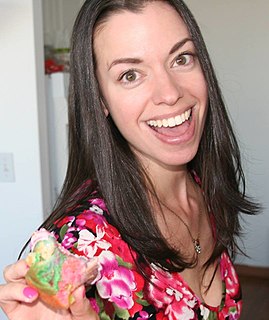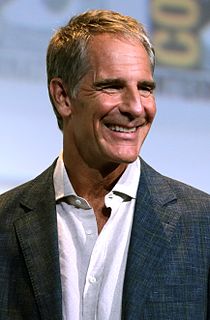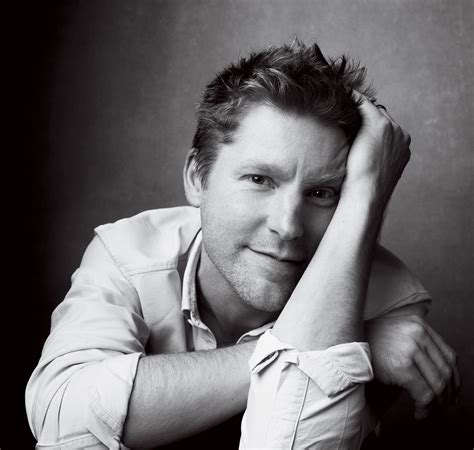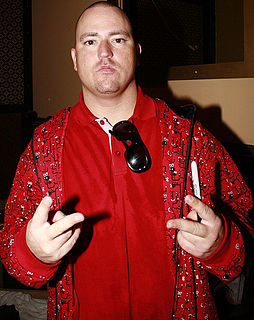A Quote by Alan Ball
Ultimately, physical resemblance isn't as important as whether this person can bring this character to life in a way that's compelling and makes me care about what happens to them.
Related Quotes
A character does seem to have a life of its own, but I have what I'd describe as a very fluid relationship with them - as I'm thinking of what they will be like, they shift in and out of focus - they are a projection of some idea inside of me, even if a character is inspired by an actual person, I'm well aware that it is not that person. My job is to identify the essence of the character, and to bring them to life long enough to commit the acts, say the words or simply "be" in a way that allows them to affect and be affected by other elements and events in the imaginary world of a story.
Physical attraction that strong is addictive. And knowing that kind of magic isn’t just a fantasy makes me want to find it again. But what about being with someone who makes me a better person? What about sharing my life with someone who adores me as much as I adore him, whom I can always count on, who helps me find my way when I’m lost?
In the central cases of physical pain, then, it appears that at least part of what is bad about our condition is the way it makes us feel. Here there seem to be no problems with a purely mental state account, no counterpart to the experience machine that could bring us to think that we are being deceived by mere appearances. [...] If I am suffering physical pain then I can be quite wrong about the organic cause of my affliction, or even about whether it has one, without that error diminishing in the slightest either the reality of my pain or its impact on the quality of my life.
If you're playing someone who has lived, there's the risk of imitation, or whether you focus on the essence of who that character was as opposed to physical mannerisms. So, you have to figure out what it is ultimately that this particular adaptation of the story, whether it's fiction or not, is trying to say.
I'm a very positive person, that's something that's like my character Savannah. She's very positive in everything that she does and I'm the same way in real life. If I feel like someone's trying to bring me down, I just walk away from it. I just ignore it because sometimes when that happens you can get so involved that it does bring down your day.
Nature never rhymes her children, nor makes two men alike. When we see a great man, we fancy a resemblance to some historical person, and predict the sequel of his character and fortune, a result which he is sure to disappoint. None will ever solve the problem of his character according to our prejudice, but only in his high unprecedented way.
A lot of life is about how you feel relating to dealing with this person or that person. If this person makes you feel good, then they're a person to be around; if they don't, they're not. Being in a band is different. The group is the more important part, and you have to kind of shift the way you look at life when you're in a group of people that you work with.
If having a story that's compelling - you want to know what will happen - is traditional, then ultimately I am a traditionalist. That is what readers care about. It's what I care about as a reader. Now if I can have that along with a strong girding of ideas and some kind of exciting technical forays - then that is just the jackpot.
When I started out as an actor, I thought, Here's what I have to say; how shall I say it? I began to understand that what I do in the scene is not as important as what happens between me and the other person. And listening is what lets it happen. It's almost always the other person who causes you to say what you say next. You don't have to figure out how you'll say it. You have to listen so simply, so innocently, that the other person brings about a change in you that makes you say it and informs the way you say it.






































